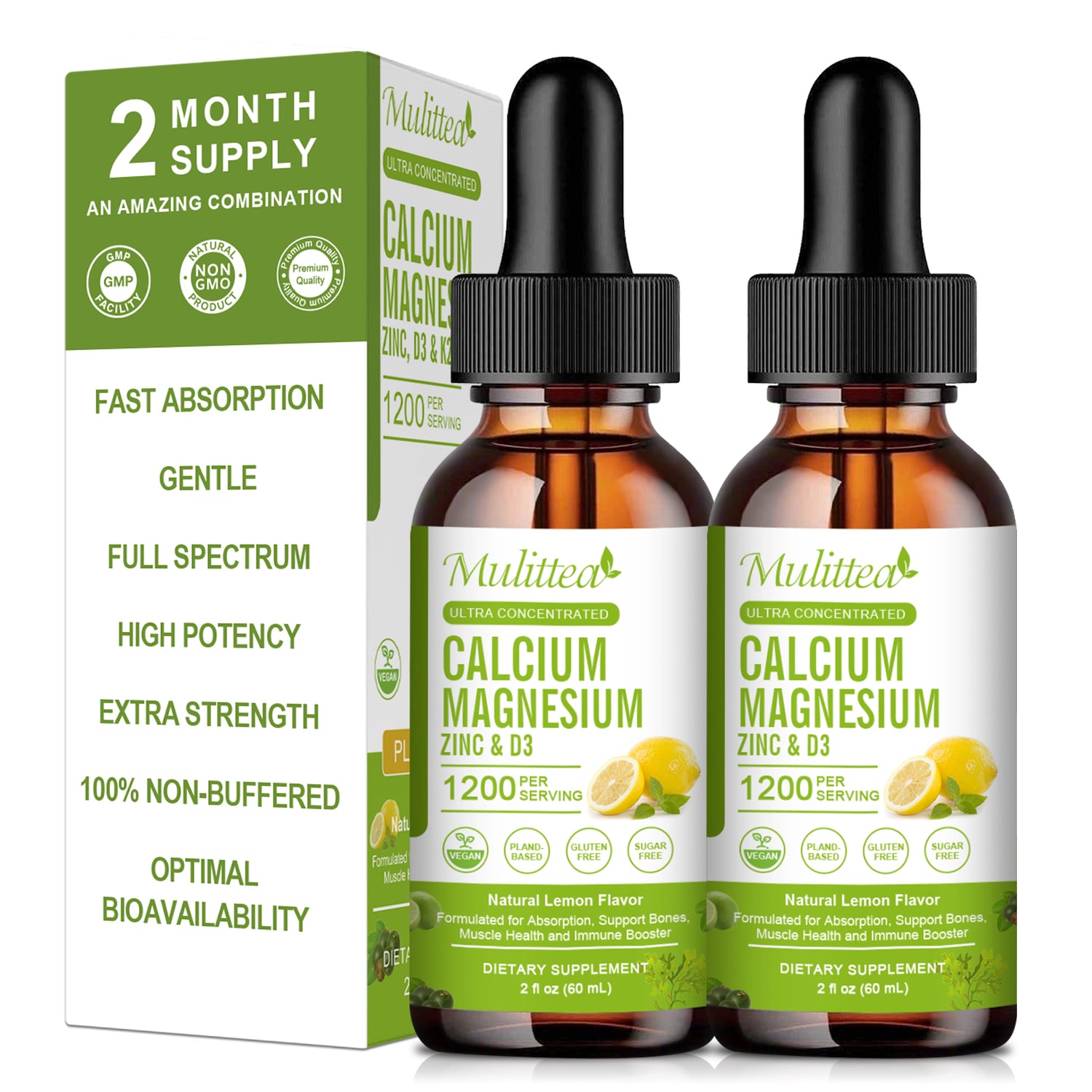
Myo-Inositol and Omega-3 for Women: Science-Backed Nutrition for Every Life Stage
Share
Women’s health is shaped by unique biological patterns—yet for decades, these differences have often been overlooked in research, clinical guidance, and everyday nutrition advice. Studies show that women—especially women of color—remain underrepresented in clinical trials, leaving gaps in our understanding of how best to support their wellness (PMC).
That gap matters when it comes to everyday concerns: hormonal balance, energy, mood, skin, and fertility are not “one-size-fits-all” issues. In what follows we take a careful, evidence-minded look at two ingredients commonly discussed for women’s health—Myo-Inositol (and D-Chiro Inositol) and Omega-3 fatty acids—and how they fit into a respectful, science-forward approach to women’s nutrition.
How women’s biology shapes nutritional priorities
Women’s bodies experience cyclical and life-stage changes—menstrual cycles, pregnancy, postpartum recovery, and menopause—that influence nutrient needs and metabolism. These differences can show up as:
- Changes in insulin sensitivity and metabolic responses
- Monthly iron loss and a higher risk of low iron stores
- Bone density shifts around menopause
- Hormone-related mood and skin changes
Recognizing these patterns helps us choose nutrition strategies that are targeted and practical—rather than generic.
What is Myo-Inositol and D-Chiro Inositol?
What is Myo Inositol? Myo-Inositol is a naturally occurring, vitamin-like compound involved in cell signaling pathways—particularly those linked to insulin action and ovarian function. D-Chiro Inositol is a related stereoisomer; together they participate in intracellular signaling that helps cells respond to hormones and nutrients. Myo & D-Chiro Inositol formulas are often studied in a 40:1 ratio, which reflects physiological proportions and has been evaluated in clinical research. (PMC, PubMed)
Why it’s discussed for women: research has explored inositol compounds for their role in metabolic and reproductive physiology, particularly where insulin signaling and ovarian function intersect. Clinical studies and systematic reviews note that inositols have biological plausibility and measurable effects in some women, though outcomes vary across populations and study designs. (PMC, PubMed)
The role of Omega-3 fatty acids in women’s wellness
Omega-3 fatty acids (EPA and DHA) are essential fats that support heart and brain health, a balanced inflammatory response, and—during pregnancy—fetal development. Many people in the U.S. consume less omega-3 than recommended, and authoritative guidance recognizes EPA/DHA as important components of a healthful diet. (NIH, www.heart.org)
During pregnancy and lactation, DHA is especially highlighted for its role in early visual and cognitive development; professional groups and reviews recommend ensuring adequate DHA intake for women of childbearing age. (PMC)
How Myo-Inositol + Omega-3 can fit into different life stages

Below are practical, evidence-aware points (note: these describe supportive nutrition concepts, not treatments).
Reproductive years & cycle irregularity
- Women experiencing irregular cycles or signs of hormonal imbalance often look for safe lifestyle and nutritional supports.
- Myo-Inositol and D-Chiro Inositol have been studied for their role in metabolic signaling related to ovarian function; some people also report secondary benefits such as improved emotional wellbeing and clearer skin. (PMC)
Trying to conceive / prenatal considerations
- Ensuring adequate Omega-3 (DHA) intake is part of many prenatal nutrition strategies because of its role in fetal development. Always coordinate prenatal supplementation with a healthcare provider. (PMC)
Perimenopause & menopause
- Hormonal shifts can affect mood, sleep, metabolism, and brain health. Omega-3s may be helpful for heart and cognitive health; inositolrelated approaches are sometimes part of broader metabolic support strategies. (NIH, PMC)
Practical guidance — safe, compliant, and evidence-aware
- Speak with a clinician first. If you’re addressing symptoms like irregular monthly period cycle, persistent mood changes, or metabolic concerns, get a medical evaluation (bloodwork, review of medications, etc.).
- Look for quality: third-party tested supplements, transparent ingredient lists, and clear dosing instructions.
- Follow label directions and your clinician’s advice. Product formulations that combine Myo-Inositol/D-Chiro Inositol with Omega-3 exist and may be chosen for convenience; see an example here: Mulittea’s Myo-Inositol & D-Chiro Inositol 40:1 supplement with Omega-3.
FAQ (short, compliant answers)
Q: What is myo-inositol and how does it work?
A: Myo-Inositol is a vitamin-like compound involved in cell signaling, including pathways related to insulin action. Research suggests it may support metabolic and ovarian function in some women. (PMC)
Q: Can supplements fix a hormonal imbalance?
A: Supplements can be one piece of a broader plan that includes medical evaluation, diet, sleep, and stress management. Terms like how to fix hormonal imbalance reflect real concerns—work with a healthcare provider to identify causes and appropriate strategies.
Q: When to take inositol?
A: Follow product labeling and your provider’s advice. Many people take inositol consistently (daily) for several weeks to assess effects; discuss timing relative to meals with your clinician. (when to take inositol)
Q: Are omega-3s safe during pregnancy?
A: Many professional bodies recommend DHA for pregnant and breastfeeding women; choose a product formulated for pregnancy or follow your clinician’s guidance. (PMC)
Conclusion — equality includes thoughtful nutrition
Respecting women’s unique physiology—by applying careful science, by choosing evidence-based nutrition, and by centering women in research—brings us closer to real health equity. If you’re exploring supplements that combine Myo-Inositol and Omega-3, do so as part of a personalized plan with a trusted healthcare professional. Together, small decisions about nutrition can support daily wellbeing—and reflect the larger value of honoring women’s bodies and needs.

